A Massive Open (Money) Pit
As the nation’s 4th largest coal producer, Alpha Natural Resources, muddles through Chapter 11 bankruptcy proceedings, it has struck a deal with the state of Wyoming regarding land reclamation obligations left unpaid due to the inadequacy of relying on “self bonding” for reclamation of its massive open pit mines. Facing the prospect of losing its mining permits, the deal would allow Alpha to continue mining coal. While Alpha Natural’s reclamation obligations total $411 million to, the proposed agreement would put Wyoming first in line among creditors for $61 million, or less than 15% of its reclamation obligation. The deal raises many questions–chief among them: Who will pay for the remaining $350 million of reclamation costs beyond this $61 million?
It was supposed to be this way
In the 1960’s and early ‘70’s, strip mining had already devastated many Appalachian landscapes. Increasing demand for coal pushed devastating surface mining practices westward and, in the words of one Congressional report, threatened to turn huge tracts land into “.” Surface mining legislation to remedy these and other issues was repeatedly vetoed during the Ford Administration, but in 1977 President Carter signed the Surface Mining Control and Reclamation Act, with the intent to “reclaim surface areas as contemporaneously as possible with” the cessation of surface mining operations
Mining might cease when a mine plays out or when a mining company goes out of business. In the latter case, the Act required coal companies to put aside funds for reclamation to ensure that mines are cleaned up even if a company might go out of business. Critically, the Act left much of the details of implementation and enforcement with the states.
When a coal company begins surface mining, the company is required to provide financial assurance upfront – typically a type of insurance called a surety bond – that it will return the area to a usable condition. But in some states, like Wyoming, regulators allow coal companies to “self-bond.” If a company passes financial stress tests, it is allowed to simply promise to complete reclamation without requiring assurance upfront.
As the US reaches the end of coal that can be mined profitably, rising costs and competition from renewables and natural gas have pushed coal companies like Alpha Natural to file for bankruptcy. While others face potential bankruptcy, these self-bonding regulations have become seriously problematic. Who will cover the costs when coal companies, who have only promised to complete reclamation work, find themselves in bankruptcy? If asking coal companies to come up with reclamation funds only further degrades their financial situations, will the public be forced to choose between spending hundreds of millions to clean up mines or to simply leave the sites unreclaimed and hope for the best?
Too Late, Too Little
After years of warnings from environmental groups, in May, the Wyoming Department of Environmental Quality reviewed its self-bonding program and found that coal producer Alpha Natural Resources no longer met its financial stress . The financial outlook was so grim that Wyoming, one of the most fossil-fuel-friendly states, denied Alpha Natural, its self-bonding status. Wyoming demanded that Alpha Natural post a surety bond or collateral of $411 million for its outstanding reclamation work or cease mining in the state. These hundreds of millions of dollars are needed to reclaim refuse and slurry ponds, restore acres of pits from surface mines, and treat water contaminated from years of mining.
Alpha Natural failed the state’s financial stress tests for good reason. On August 3rd, Alpha Natural filed for Chapter 11 bankruptcy. According to the Casper Star-Tribune, as Alpha Natural negotiates with its creditors, it has struck a potential deal with Wyoming to continue mining in the state. If the bankruptcy court approves, Alpha Natural will put aside $61 million for Wyoming, less than 15% of what the state is owed, toward its reclamation obligations. Wyoming would get a “superpriority” claim on its $61 million: it would be first in line among creditors if Alpha Natural goes completely out of business.
While state regulators may be pleased to know that a small portion of reclamation work will now be completed, the outcome is a far cry from what is required by the federal Surface Mining Control and Reclamation Act (SMCRA) , which states that funds “shall be sufficient to assure the completion of the reclamation plan if the work had to be performed by the regulatory authority in the event of forfeiture” or bankruptcy. If Alpha Natural does go out of business, Wyoming will be first in line, but will only receive a small portion of what is needed to clean up Alpha Natural’s scars on Wyoming’s landscapes.
Enormous Risks
In the absence of a deal, it’s unclear how the courts would discharge of Alpha Natural’s reclamation obligations. As the Vermont Environmental Law Journal notes, the bankruptcy code gives no clear guidance here. Companies in Chapter 11 bankruptcy attempt to regain solvency by restructuring their debts. In some cases, this restructuring can mean reducing environmental obligations to just another debt that could receive “mere pennies on the dollar.”
Presumably, Wyoming’s Governor Mead would like to keep Alpha Natural in business and is seeking to lessen the company’s obligations until it might emerge from bankruptcy. If the company can emerge from bankruptcy, the company will be forced to comply with bonding requirements by purchasing costly insurance or by paying the full amount – if it can afford it. For now, it appears that Wyoming is willing to put its taxpayers and its ecosystems at enormous risk.

